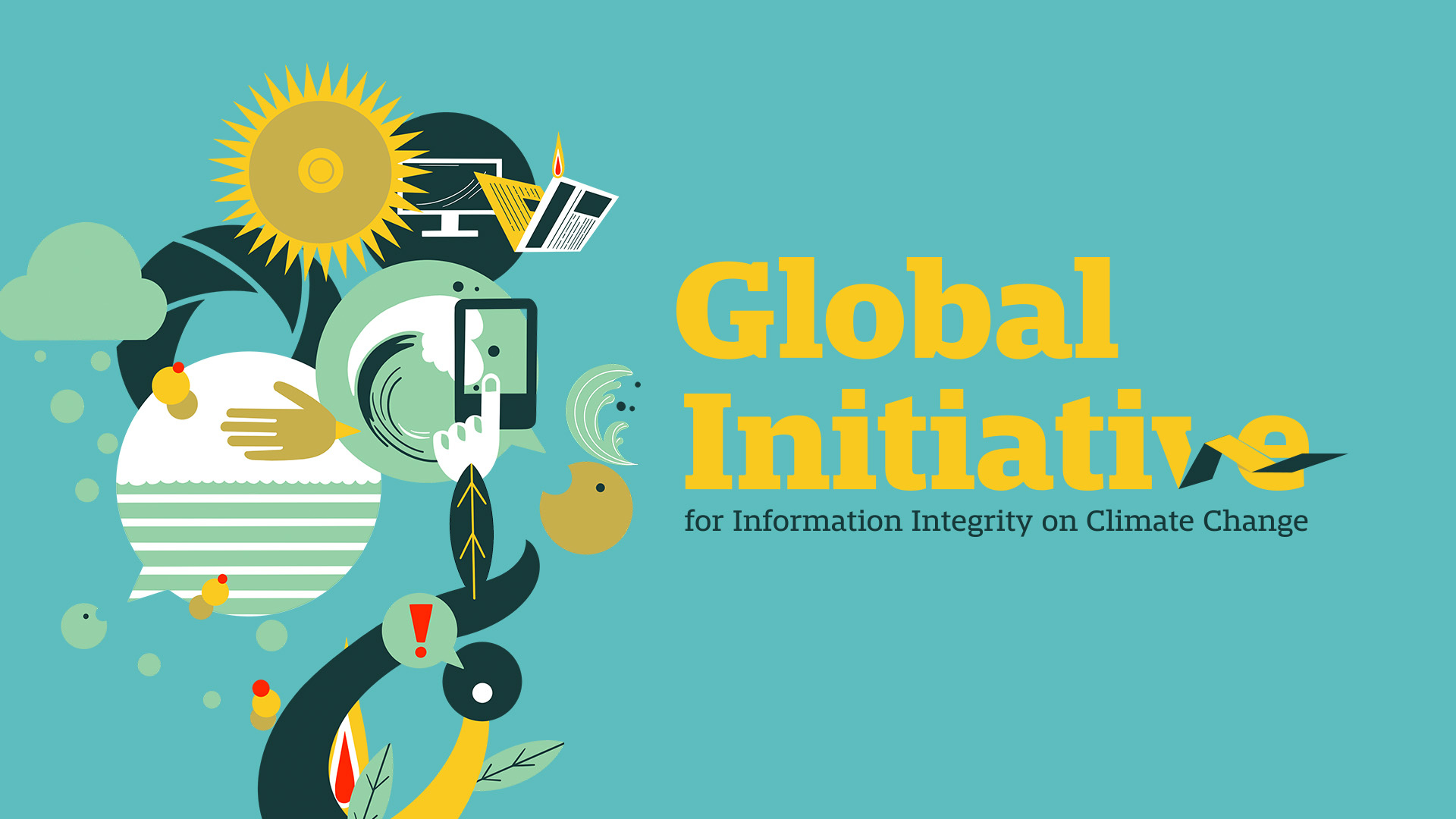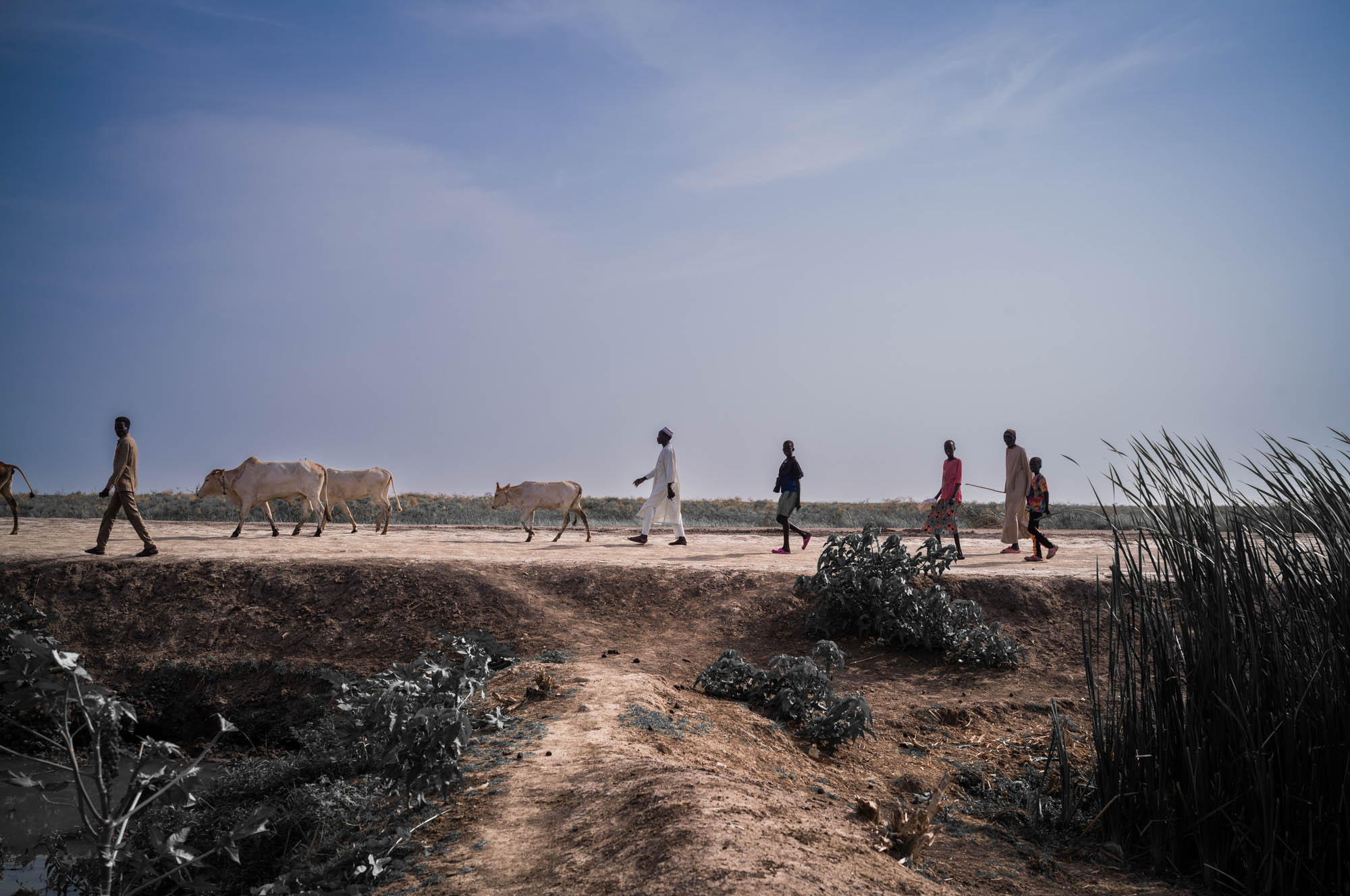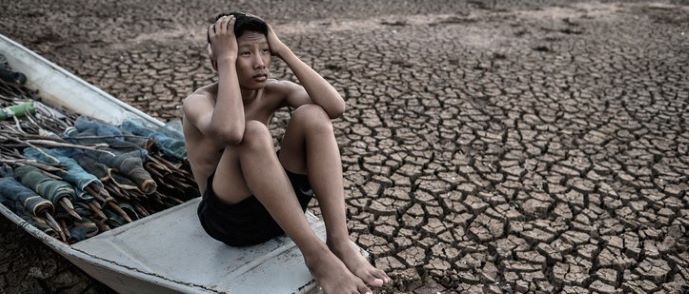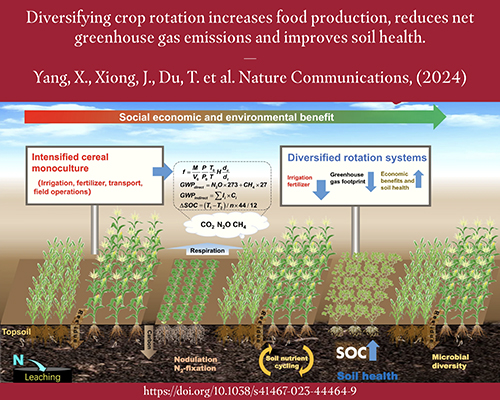Report on the Restriction of Access to U.S. National Climate Assessments
Executive Summary
Recent actions by the United States government have resulted in the removal of legally mandated National Climate Assessments from their primary, publicly accessible online platforms. This decision significantly impedes the dissemination of critical scientific data on climate change, thereby undermining national efforts to achieve key Sustainable Development Goals (SDGs), particularly SDG 13 (Climate Action), SDG 11 (Sustainable Cities and Communities), and SDG 16 (Peace, Justice, and Strong Institutions).
Chronology of Events and Policy Reversal
Suppression of Climate Data
The accessibility of authoritative, peer-reviewed National Climate Assessments, which are mandated by the Global Change Research Act of 1990, has been systematically reduced. The reports serve as a vital resource for state and local governments, as well as the public, for understanding and adapting to the impacts of climate change.
- Initial Takedown: Official government websites hosting the climate assessments, including globalchange.gov, were taken offline.
- Proposed Solution: The White House initially stated that the National Aeronautics and Space Administration (NASA) would host the reports to ensure compliance with federal law. On July 3, NASA confirmed this plan, assuring the continuity of reporting.
- Policy Reversal: NASA subsequently rescinded this commitment. A statement from the NASA Press Secretary clarified that the U.S. Global Change Research Program (USGCRP) had met its statutory requirements by presenting the reports to Congress and that NASA had no legal obligation to host the data.
Implications for Sustainable Development Goals (SDGs)
Undermining SDG 13: Climate Action
The restriction of access to these reports directly contravenes the objectives of SDG 13, which calls for urgent action to combat climate change and its impacts. Specifically, it obstructs:
- Target 13.3: The goal to improve education, awareness-raising, and human and institutional capacity on climate change mitigation, adaptation, impact reduction, and early warning. The assessments are a primary tool for fulfilling this target within the United States.
- Informed Policy-Making: By making it harder for stakeholders to access validated scientific information, the action hinders the development of effective, evidence-based climate policies.
Setbacks for SDG 11 and SDG 10
The inaccessibility of climate data also negatively affects progress on other interconnected goals.
- SDG 11 (Sustainable Cities and Communities): The reports provide localized data essential for building climate resilience and adapting infrastructure. Limiting access compromises the ability of local and state governments to make cities and settlements safe, resilient, and sustainable.
- SDG 10 (Reduced Inequalities): The 2023 National Climate Assessment explicitly found that climate change disproportionately affects minority communities, particularly Native Americans. Obscuring this data hinders efforts to protect vulnerable populations and address the inequalities exacerbated by climate impacts.
Erosion of SDG 16: Peace, Justice, and Strong Institutions
This issue raises significant concerns regarding institutional transparency and accountability, central tenets of SDG 16.
- Target 16.6: The reversal of policy without clear justification challenges the development of effective, accountable, and transparent institutions.
- Target 16.10: The action directly limits public access to information, a fundamental freedom that this target aims to protect. Critics, including former White House science adviser John Holdren, allege the administration’s intent is to deliberately bury information about climate-related damages.
Stakeholder Reactions and Data Availability
Concerns from the Scientific Community
Climate scientists have voiced strong opposition. Dr. Katharine Hayhoe, a climate scientist and co-author of past assessments, emphasized that the reports contain vital information for public safety, funded by taxpayers. John Holdren accused the administration of misdirection and a deliberate effort to prevent the public from understanding the severe and growing impacts of climate change on their communities, property, and environment.
Current Accessibility
Despite the takedown of the main portal, copies of past reports remain available through alternative, less visible channels, including the National Oceanic and Atmospheric Administration’s (NOAA) online library and an interactive atlas associated with the latest report.
SDGs Addressed in the Article
SDG 13: Climate Action
- The article’s central theme is climate change. It discusses “legally mandated scientific assessments of how climate change is endangering the nation and its people.” The removal of these reports directly impacts the ability to take informed action on climate change, which is the core of SDG 13.
SDG 16: Peace, Justice and Strong Institutions
- This goal is relevant because the article highlights a failure of government institutions to provide public access to information. The text states the administration “took another step to make it harder to find major, legally mandated scientific assessments” and went against a “1990 law that requires the reports.” This relates to the principles of transparent, accountable, and effective institutions.
SDG 10: Reduced Inequalities
- The article explicitly connects climate change to inequality, noting that the most recent report found “minority communities, particularly Native Americans, often disproportionately at risk.” By making this information less accessible, the ability to create policies that address these specific inequalities is undermined.
SDG 11: Sustainable Cities and Communities
- The article mentions that the climate assessment reports are designed to “tell state and local governments and the public what to expect in their backyards from a warming world and how best to adapt to it.” This directly supports the goal of making cities and human settlements inclusive, safe, resilient, and sustainable, particularly in adapting to climate change and managing disaster risk.
Specific SDG Targets Identified
SDG 13: Climate Action
-
Target 13.3: Improve education, awareness-raising and human and institutional capacity on climate change mitigation, adaptation, impact reduction and early warning.
- The article explains that the reports contain “vital information we need to keep ourselves safe in a changing climate” and are written to be “useful to people who need to understand what climate change is doing and will do to THEM.” Removing public access to these reports directly hinders education and awareness-raising efforts.
SDG 16: Peace, Justice and Strong Institutions
-
Target 16.10: Ensure public access to information and protect fundamental freedoms, in accordance with national legislation and international agreements.
- The core issue described is the removal of “official government websites” that hosted “legally mandated scientific assessments.” The article references the “1990 law that requires the reports,” demonstrating a failure to ensure public access to information as required by national legislation.
SDG 10: Reduced Inequalities
-
Target 10.3: Ensure equal opportunity and reduce inequalities of outcome, including by eliminating discriminatory laws, policies and practices and promoting appropriate legislation, policies and action in this regard.
- The article states the reports contain information showing that “minority communities…[are] disproportionately at risk.” Access to this data is a prerequisite for developing policies and actions to protect these vulnerable groups and reduce the unequal outcomes of climate change.
SDG 11: Sustainable Cities and Communities
-
Target 11.b: By 2020, substantially increase the number of cities and human settlements adopting and implementing integrated policies and plans towards inclusion, resource efficiency, mitigation and adaptation to climate change, resilience to disasters…
- The article emphasizes that the reports are crucial for “state and local governments” to understand local climate impacts and “how best to adapt to it.” The information is essential for developing the integrated policies and plans for climate adaptation and resilience mentioned in this target.
Indicators for Measuring Progress
SDG 13: Climate Action
- Implied Indicator: The existence and public accessibility of national climate assessments. The article’s focus on the websites for these reports going “dark” implies that the availability of such “authoritative, peer-reviewed” documents is a key measure of a country’s commitment to climate change education and capacity-building (Target 13.3).
SDG 16: Peace, Justice and Strong Institutions
- Implied Indicator (related to 16.10.2): The operational status and accessibility of government websites hosting legally mandated information. The article’s central point is that “official government websites that hosted the authoritative…national climate assessments went dark.” The accessibility of these specific web resources serves as a direct, measurable indicator of a government’s adherence to policies ensuring public access to information.
SDG 10 & 11: Reduced Inequalities & Sustainable Cities
- Implied Indicator: Availability of disaggregated data on the differential impacts of climate change. The article mentions that the 2023 report detailed how “minority communities, particularly Native Americans, often disproportionately at risk.” The existence and accessibility of this specific data within the reports is an implied indicator for tracking vulnerabilities and informing policies to protect at-risk communities.
Summary Table of SDGs, Targets, and Indicators
| SDGs | Targets | Indicators |
|---|---|---|
| SDG 13: Climate Action | 13.3: Improve education, awareness-raising and human and institutional capacity on climate change. | Public availability and accessibility of authoritative, peer-reviewed national climate assessments. |
| SDG 16: Peace, Justice and Strong Institutions | 16.10: Ensure public access to information and protect fundamental freedoms. | The operational status and accessibility of official government websites (e.g., globalchange.gov) hosting legally mandated reports. |
| SDG 10: Reduced Inequalities | 10.3: Ensure equal opportunity and reduce inequalities of outcome. | Availability of data within climate reports detailing the disproportionate risks faced by minority and vulnerable communities. |
| SDG 11: Sustainable Cities and Communities | 11.b: Increase adoption of integrated policies for climate change adaptation and disaster resilience. | Use of national climate assessment data by state and local governments to inform adaptation and resilience plans. |
Source: apnews.com







